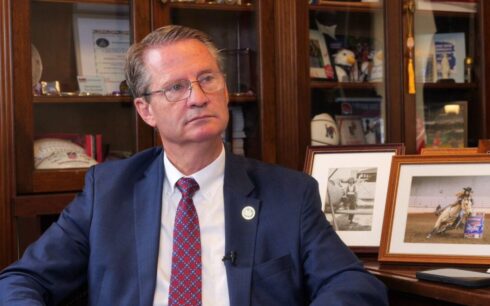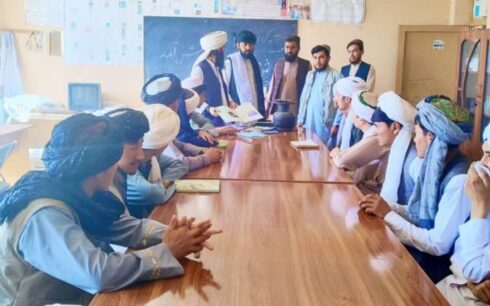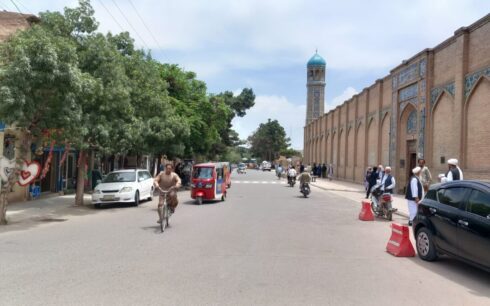As the Doha meeting approaches, neighboring and regional countries are holding a series of conferences to consolidate their perspectives on Afghanistan. One such meeting, the “Moscow Format Contact Group” session, is scheduled to be held in Tehran on Saturday.
Analysts believe this meeting aims to create a unified viewpoint among the Moscow Format members for the Doha meeting. Meanwhile, some Afghan citizens are urging the Contact Group members to focus on addressing the fundamental problems facing the people of Afghanistan.
The Moscow Format Contact Group will include special representatives for Afghanistan from Russia, China, Pakistan, and Iran. This meeting is seen as a preparation for the third round of the Doha talks. However, it remains unclear whether Taliban representatives will participate in the Contact Group meeting in Tehran. Some political analysts suggest that the group’s members are striving to attend the Doha meeting with a unified vision and agenda.
“The intention is to create an Eastern anti-American base. The Russians are trying to establish a high-level objective in the region, as the Americans are interested in using the Taliban in Central Asia against Russian interests. Russia is trying to counter the American strategy and keep the Taliban within its influence,” said Rahmatullah Bejhanpour, a university professor.
Citizens hope the Moscow Format Contact Group will prioritize addressing poverty and the fundamental needs of the Afghan people. “We expect these countries to pay attention to the rights of Afghan citizens, particularly human rights and the issues of women and girls,” said Halima, a resident of Kabul. “We expect foreign countries to address citizens’ rights, human rights, women’s and girls’ rights, and the issues of poverty and unemployment so that we can overcome these problems,” added Zarif, another Kabul resident.
In addition to the Moscow meeting, two other meetings are scheduled before the Doha summit: a UN Security Council meeting on June 14 and a UN Human Rights Council meeting on June 18.
Women’s rights activists emphasize that any meeting should aim to solve the problems of the Afghan people, especially women and girls. “These meetings must take serious action not just in words but in practice. They should not only hold meetings, react, criticize, and condemn,” said Farida Mohab, a women’s rights activist. “Unfortunately, there has been no real action. There should be serious pressure on the Taliban to at least remove restrictions on women and girls in Afghanistan.”
All these meetings are being held ahead of the Doha meeting, where the Taliban recently announced that it has received the details of the agenda and is currently discussing it. The Taliban previously stated that it had been encouraged by the UN, the Organization of Islamic Cooperation, representatives from Qatar, and the EU’s special representative for Afghanistan to attend the meeting.





